How Ukraine war affects food security in Iran
The lingering challenge posed by the Ukraine crisis to the global food market has prompted many countries around the world to work through contingency plans to maintain food security to the point of supporting smuggling.
The conflict between Russia and Ukraine, which produce most of the world's wheat and oilseeds, has endangered the food security of many countries and intensified competition to procure strategic commodities.
According to Mohammad Javad Moayedian, an agricultural economics expert, Russia and Ukraine which respectively produced 38 million tonnes and 22 million tonnes of global wheat supply last year, have reduced their wheat supply by 30 million tonnes this year, leading to a steep rise in prices.
In addition to wheat, Russia and Ukraine account for a large share of oilseeds and fodder supplies to the global markets, where their escalating war is increasing concerns around the world, especially among the Western governments.
French President Emmanuel Macron recently warned that the Ukraine crisis will "deeply destabilize" food supplies and risk sparking a famine in Africa, which the Europeans fear would trigger a new influx of immigrants.
According to the president of the African Development Bank (AfDB), the Russia-Ukraine war has disrupted wheat exports, driving wheat prices up by 60% in Africa.
Ukraine’s biggest food producers have said that wheat production in the “breadbasket of Europe” could grind to a complete halt because of the war.
The conflict is likely to contribute to a further 22 percent rise in global food prices after they soared to record levels in February, according to the UN Food and Agriculture Organization.
Economists have warned that the West’s imposition of more sanctions on Russia would intensify the rise in prices for energy and food products, especially wheat.
Former Russian president and senior security official Dmitry Medvedev threatened last month to restrict agricultural and food exports only to "friendly" countries of Russia. As retaliation for the sanctions imposed by the West, Russia "will not supply our products and agricultural products to our enemies," Medvedev warned.
Before the war, Ukraine was responsible for contributing more than 10% to the global wheat market. If Russia then moves to block its own wheat exports or voids existing deals, up to 30 percent of the global wheat supply could be impacted.
Ukraine and Russia similarly account for just under 30 percent of the world’s barley supplies, which is largely used to feed cattle. Corn and sunflower seed – used for cooking oil – have also seen export vulnerabilities.
Prices across the globe have jumped at the pump and in grocery stores following first the global coronavirus pandemic, and then supply chain issues and spiking inflation. But the West’s sanctions on Russia and Moscow’s retaliatory measures could have further substantial economic repercussions.
Some countries importing wheat from Russia are now thinking of meeting their needs from other sources. For example, Egypt which is the world’s largest buyer of wheat is trying to import at least part of its needs from India.
The world seems to wind up getting into a situation of panic buying which, in addition to intensifying price rise, will also fuel smuggling of the strategic crops worldwide, especially in West Asian countries which have always faced problems such as drought and flooding.
Already, reports of US military convoys smuggling Syrian wheat into Iraq have almost become the rule of the day.
Hence, keeping an eye on the inventories of strategic commodities especially wheat and fighting smuggling has become more important than before. There is also need to seriously supervise flour and bread supply and distribution chains, which are always prone to smuggling out of Iran due to state subsidies on basic commodities.
On Wednesday, agriculture minister Javad Sadatinejad was quoted as saying that a 50-kilo sack of subsidized flour, selling 380,000 rials in Iran, is traded for 5.0-6.0 million rials in some neighboring countries.
“Therefore, with this large price difference, physical prevention of smuggling is not very possible,” he said.
Sadatinejad cited a severe shortage of wheat in one of the neighboring countries, which he did not identify, saying it intends to supply about 3 million tonnes of its wheat deficit by smuggling from Iran.
“Therefore we must be vigilant to protect our national interests," the minister said.
The immediate solution is to increase the price of wheat for industrial use in order to combat flour smuggling, but the idea has already been weighing on prices at grocery stores, where pasta prices have risen 200% in recent weeks.
Media reports say the government hopes to cut the price difference between subsidized and non-subsidized flour and offset the extra cost for consumers by giving cash handouts.
Economists say while the Ukraine war was a big shock to the international market, it offers lessons for countries to avoid heavy reliance on wheat imports.
Iran is estimated to consume around 15.5 million tonnes of wheat a year, but supplies have varied over years due to erratic domestic production.
Self-sufficiency in wheat has been a cornerstone of the country's food security policy in recent years. The Rouhani administration snapped the achievement when Iran imported more than 3 million tonnes of the strategic staple food at a cost of $3.8 billion in 2020.
For the fiscal year of 2021, Iran ran on a shortage of 30 percent which meant the country had to import 5-6 million tonnes of wheat, according to officials.
Key to Iran’s self-sufficiency in wheat was the guaranteed purchases of the crop from local farmers, but the former government’s reluctance to raise its prices in accordance with inflation rates dissuaded many wheat growers from selling their produce to the state.
Iran’s wheat production is forecast at 9 million tonnes this Iranian year ending March 2023 with the government looking at state purchases of 5.5 million tonnes, up from 4.5 million tonnes last year, Alireza Mohajer, an advisor to the agriculture minister, was quoted by official IRNA news agency as saying last month.
Israel admits assassinating Hamas leader, vows to inflict same fate on Yemeni fighters, people
VIDEO | Yemeni forces repel US-British attack, down F-18 Jet
Iran’s capabilities vast; enemy’s ‘maximum pressure’ policies all failed miserably: Senior official
Iran’s economy grew 2.7% y/y in Sep quarter: CBI
VIDEO | Freelancers in Gaza strive to stay online amid genocide
Mikati demands Israel's withdrawal from south Lebanon
Yemeni army strikes Israeli military sites with drones
‘Clock ticking’: UNRWA slams unjustifiable killing of children in Gaza


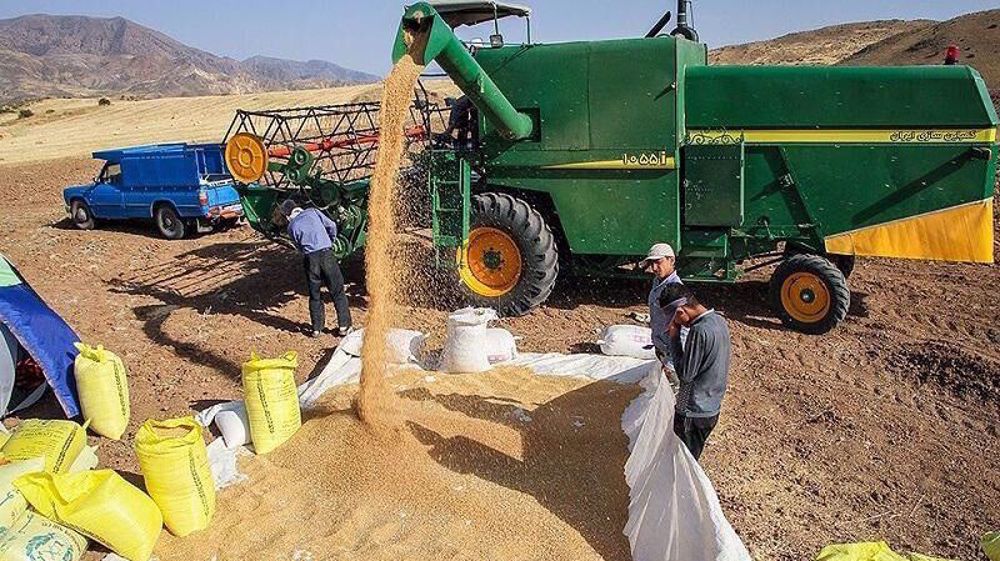
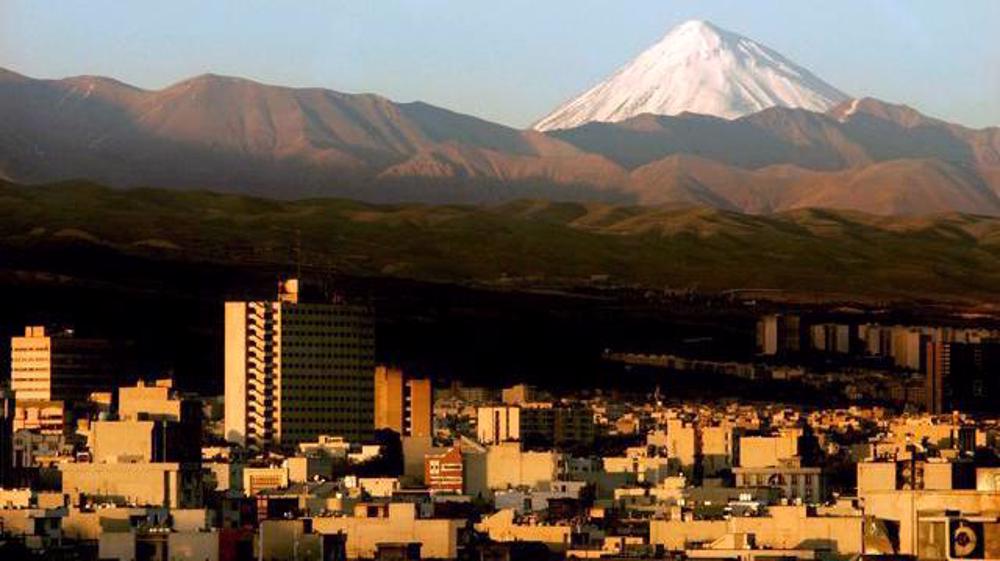
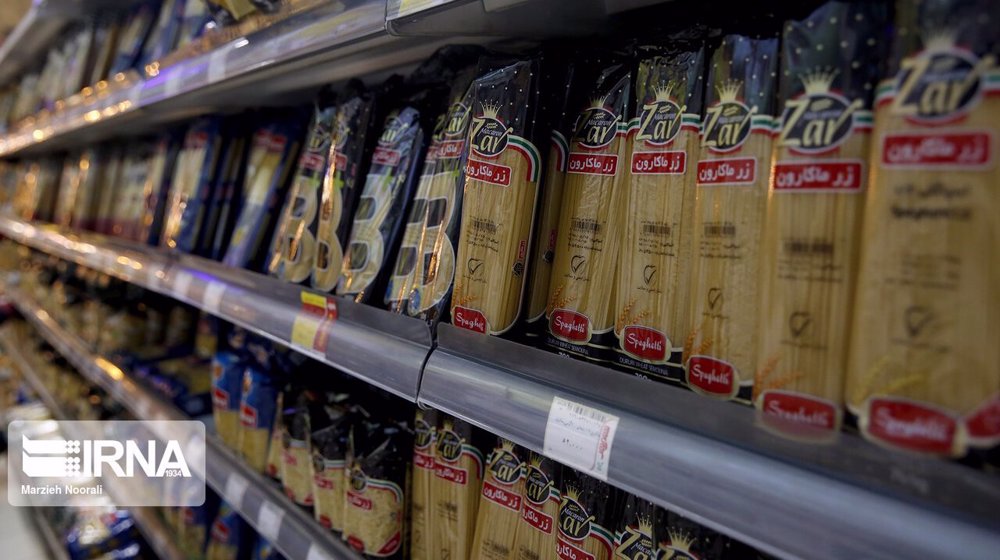
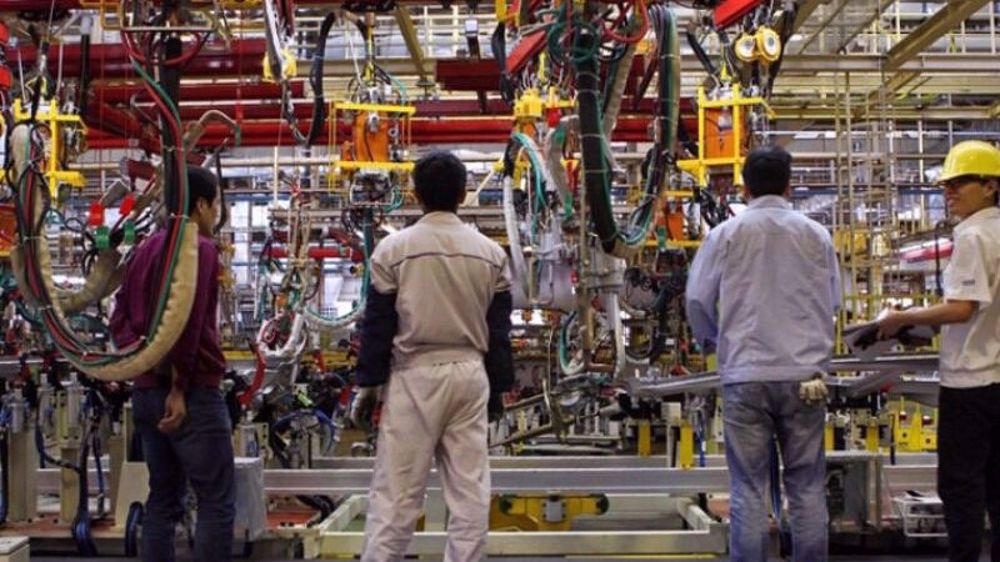
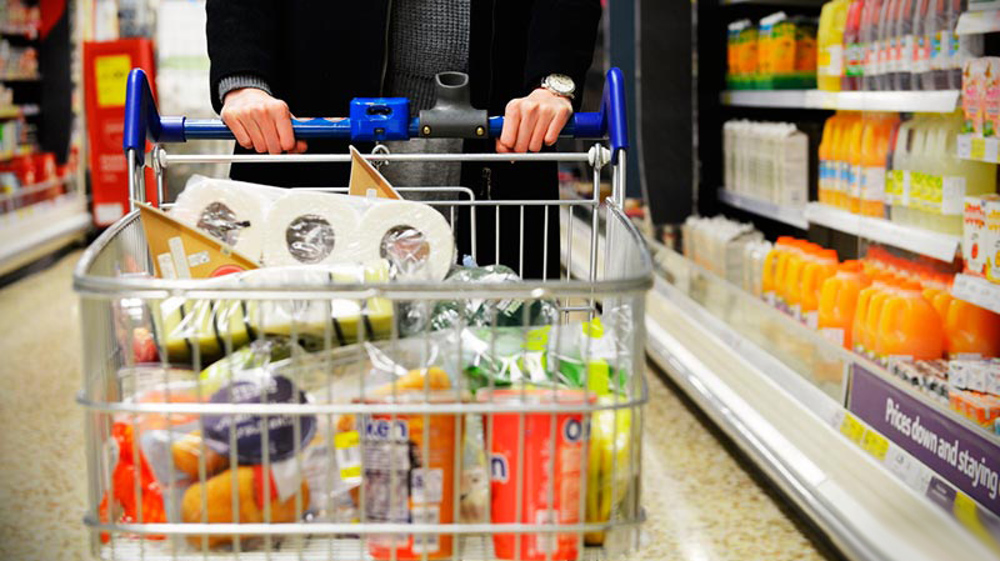
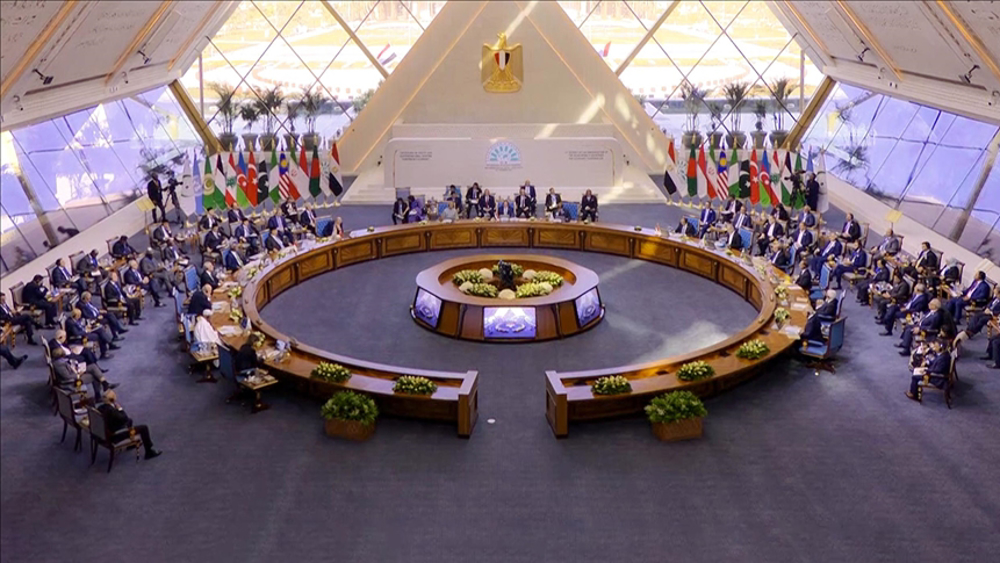




 This makes it easy to access the Press TV website
This makes it easy to access the Press TV website